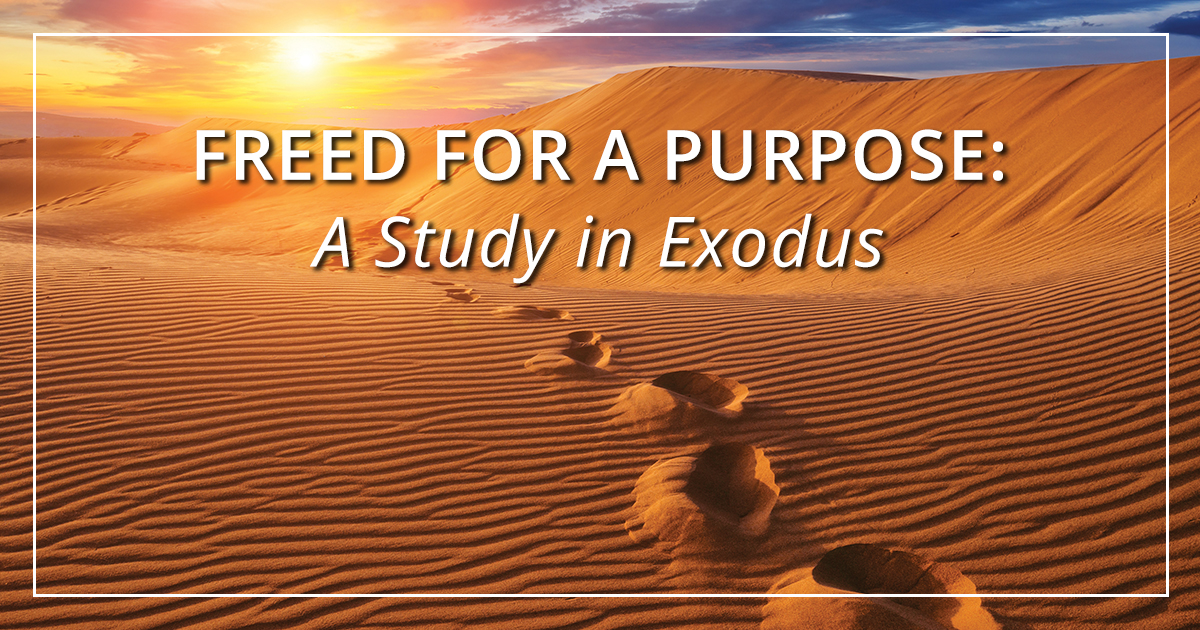

The Theology of Exodus | Practical Theology
- October 2019 Issue
Exodus is a book of history. We learn how God rescued the descendants of Abraham from slavery in Egypt, established them as a nation, and directed them to the Land of Promise. Exodus is also an autobiography of sorts because the story of its author, Moses, unfolds within these pages. We might even think Exodus is an exposé since it reveals the faithfulness and faithlessness of God's Old Testament people. But more than anything else, Exodus is a book of theology. While Moses and Israel play key roles in this book, God is firmly at the center.
God’s power is revealed in Exodus. We see a God clearly in control, even when everyone else refuses to cooperate. From Moses to Pharaoh to the people of Israel, nearly everyone involved in this great story of redemption resists God, at least at first. The book of Exodus reveals how God used His power to bring Israel out of the land of slavery “with a mighty hand” (Ex. 13:3, 14).
Exodus also teaches us about God’s holiness. When Moses encountered God in the burning bush, he was commanded to remove his sandals “for the place where you are standing is holy ground” (Ex. 3:5). When the Lord defeated the Egyptians at the Red Sea, Moses and Miriam sang of God’s holiness, how He would lead the people He had redeemed and guide them to His holy dwelling (Ex. 15:13). The law reinforced this lesson of holiness and taught that God was separate from His people (Ex. 19:23).
Yet the most important theological lesson of Exodus reveals God’s personal nature. This all-powerful, holy God has a name (Ex. 3:13–15). According to Old Testament scholar R. Alan Cole, the divine name YHWH or I Am indicated an advance in God’s revelation of Himself: “Henceforth, for the Old Testament, the name YHWH will mean all that the name ‘Jesus’ means for the New Testament.” Jesus claimed this name for Himself (John 8:58). Further, Jesus embodied all of the theological themes found in Exodus. He is the divine person who shows us the face of God. His death is the only sacrifice that can fulfill the law’s demand for holiness. And His power is the key to our salvation: “Salvation is found in no one else, for there is no other name under heaven given to mankind by which we must be saved” (Acts 4:12).
To learn more about Exodus, read Gleanings in Exodus by A. W. Pink (Moody Publishers).




